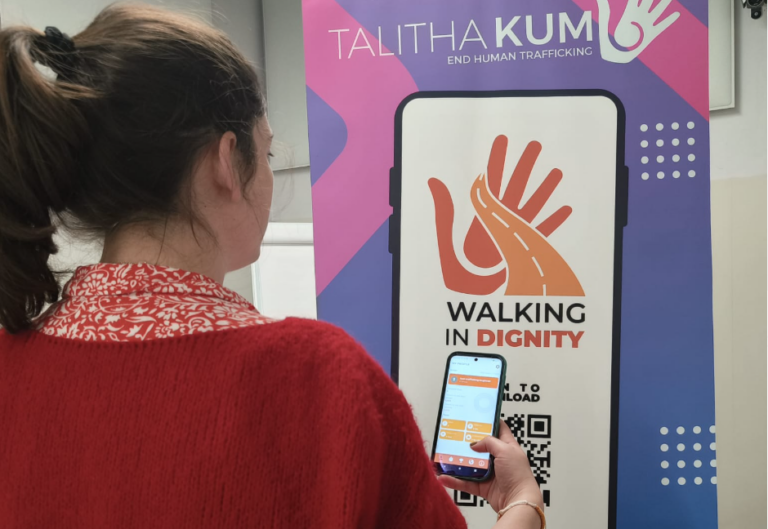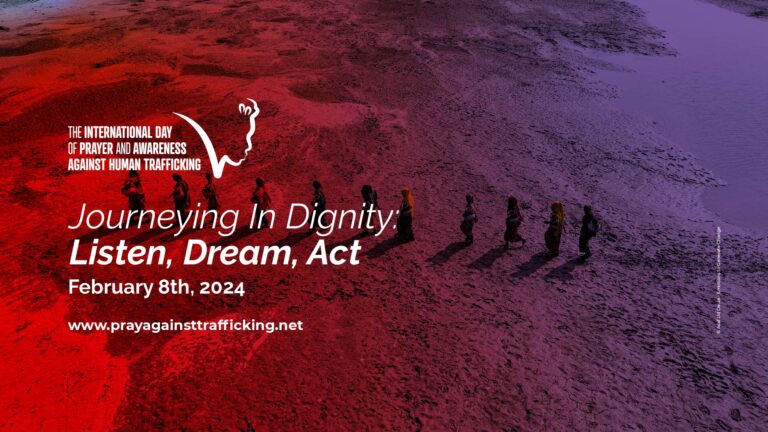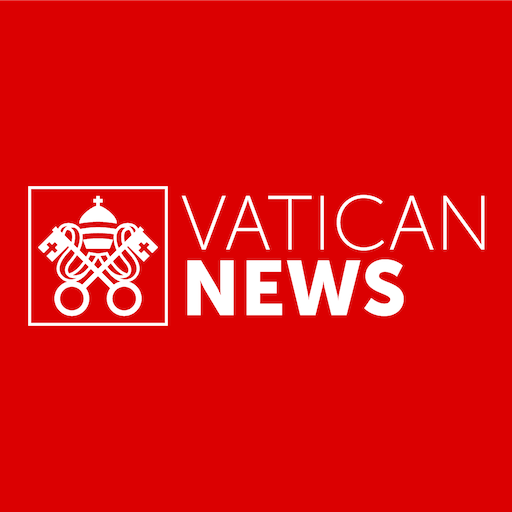By Marta Guglielmetti, Executive Director, Global Solidarity Fund
On July 15, 2021, the Global Solidarity Fund (GSF), alongside the Tent Partnership for Refugees and Goal 17 Partners, brought together leaders of faith and business communities to launch a unique INNOVATION LAB ON JOB CREATION for migrants and refugees.
Through our work together, there is an opportunity for real transformation in the lives of migrants and refugees. This sort of systemic change to lift up the most vulnerable is what the Global Solidarity Fund is all about – so you will understand why I am excited!
The Innovation Lab opportunity
The Innovation Lab is an interactive platform and a process through which business and faith leaders will partner together to develop solutions. First we will proceed with private, off-the-record discussions, and then we will organize a public-facing event around the Rome G20 Summit in late October 2021 to announce commitments and share early results. A concluding summit in Q3 of 2022 will communicate the solutions and outcomes generated by the Lab.
Through this defined process, partners will pursue key objectives to identify and solve bottlenecks that are limiting employment opportunities for migrants, including:
- Creating actionable technology solutions to drive employment of migrants. Examples could include providing a tech platform(s) for congregations and other faith actors to centralize and manage all their data on working with vulnerable communities (CVs, job placements, etc.), or providing a mobile app(s) where the vulnerable communities can view job vacancies that match their professional experience to job opportunities.
- Creating actionable opportunities for advocacy from CEOs to governments that will drive employment of, and respect for human rights of, migrants.
- Creating actionable solutions to drive improved business processes that support employment of migrants. Examples could include sharing operations expertise support from the private sector to provide business skills to migrants, and helping faith-based local service providers apply a business mind set and best practices to supporting vulnerable communities.
The time is exactly right for this effort, because the COVID-19 pandemic has exacerbated difficulties faced by migrants. Its economic impact has forced more and more people into poverty and dangerously ill health, disrupting economies and job prospects. Now more than ever, the world needs new and bold solutions that cut across industries and communities to meet the needs of vulnerable people.
Even though the Lab has now been launched, there is still plenty of opportunity for a wider circle of private sector companies to join the effort. Join us! If you are interested, let’s talk.
Key insights from the launch
The group of participants who joined us on July 15 was simply extraordinary! Bringing together such diverse partners to catalyze needed partnerships is the DNA of the Global Solidarity Fund. You can find the video of the full event, as well as selected highlights, as they are posted on GSF website and GSF YouTube channel in the coming days.
Cardinal João Braz de Aviz, Prefect of the Congregation for Institutes of Consecrated Life and Societies of Apostolic Life at the Vatican, provided our keynote by observing that creating economic inclusion is directly in line with Pope Francis’ vision as reflected in his groundbreaking documents Laudato Si’ and Fratelli Tutti. The Cardinal welcomed collaboration with companies on this important work.
Key leaders from Catholic congregations working with refugee and migrant communities in developing countries described specific problems they need private sector partnerships to solve. Father Leonir Chiarello CS, Superior General of Scalabrinian Missionaries, noted that there are currently over 800,000 Brothers and Sisters worldwide working with migrant populations. They know that each migrant is an individual with capabilities and aspirations of their own – and that they are also assets to companies and local economies, eager to learn and contribute, if we can come together to solve the bottlenecks congregations have identified. Sister Ruth del Pilar Mora, MFA, Provincial Superior of the Salesian Sisters AES, described the opportunities and challenges facing her congregation’s work in Ethiopia, training young women to work in fashion design and textiles and finding them jobs post-training. (The Global Solidarity Fund is proud to support this work through our inter-congregational collaboration in Addis Ababa – which we also plan to scale up globally!) Father David Holdcroft SJ, Professional and Post-Secondary Education Specialist of the International Office of the Jesuit Refugee Service, identified needs and gave insights from Pathfinder, a training course in digital skills, mechanics, and social entrepreneurship in twelve countries including Cameroon, Kenya, and Jordan. In the discussion moderated by Bethany Hoang of Handshake Partners, the leaders described programs providing training in IT and tech jobs, as well as teaching and childcare positions, identifying challenges that business partners in the Innovation Lab could solve.
The following dialogue focused on solutions that Innovation Lab private sector partners could create together. Heather Johnson, Vice President for Sustainability and Corporate Responsibility at Ericsson, explained from Ericsson’s experience how companies can start with their core competencies, drawing from them to meet identified needs. Antonio Guerrero García, Partner and CTO at axity, talked about relevant lessons learned from his company’s work developing apps to help to catalogue important data on refugees entering Mexico, identifying their skills and the resources they need most. Susan Myers, Strategic Advisor at Goal 17 Partners, explained how the Innovation Lab platform will facilitate private sector companies’ collaboration with faith-based communities, and the potential for impact. Scarlet Cronin, Acting Executive Director of the Tent Partnership for Refugees, explained the value of companies publicly celebrating their efforts for refugees and migrants, normalizing this sort of commitment and making it possible for other companies to step up.
Rebecca Marmot, GSF Board Member and Chief Sustainability Officer at Unilever, and Patrick McGrory, Board Member and President of GSF, urged the private sector and philanthropy to engage with GSF to create positive change for refugees and migrants. Rebecca, who also serves on Tent Partnership’s Advisory Committee, said her message to the private sector is simply to “join us!” Patrick encouraged leaders from all kinds of companies to bring their unique strengths, insights, and assets to the table together with GSF to create change through the Innovation Lab. In my own closing remarks on behalf of GSF, I emphasized that this effort is focused on creating actionable solutions – that’s why we’re here!
With this successful first step, GSF and our partners have begun a journey together, working with faith communities and private sector organizations to create tangible solutions for refugees and migrants.
If your organization could be interested in being a part of this groundbreaking initiative, once again, let’s talk! Now is the moment.




